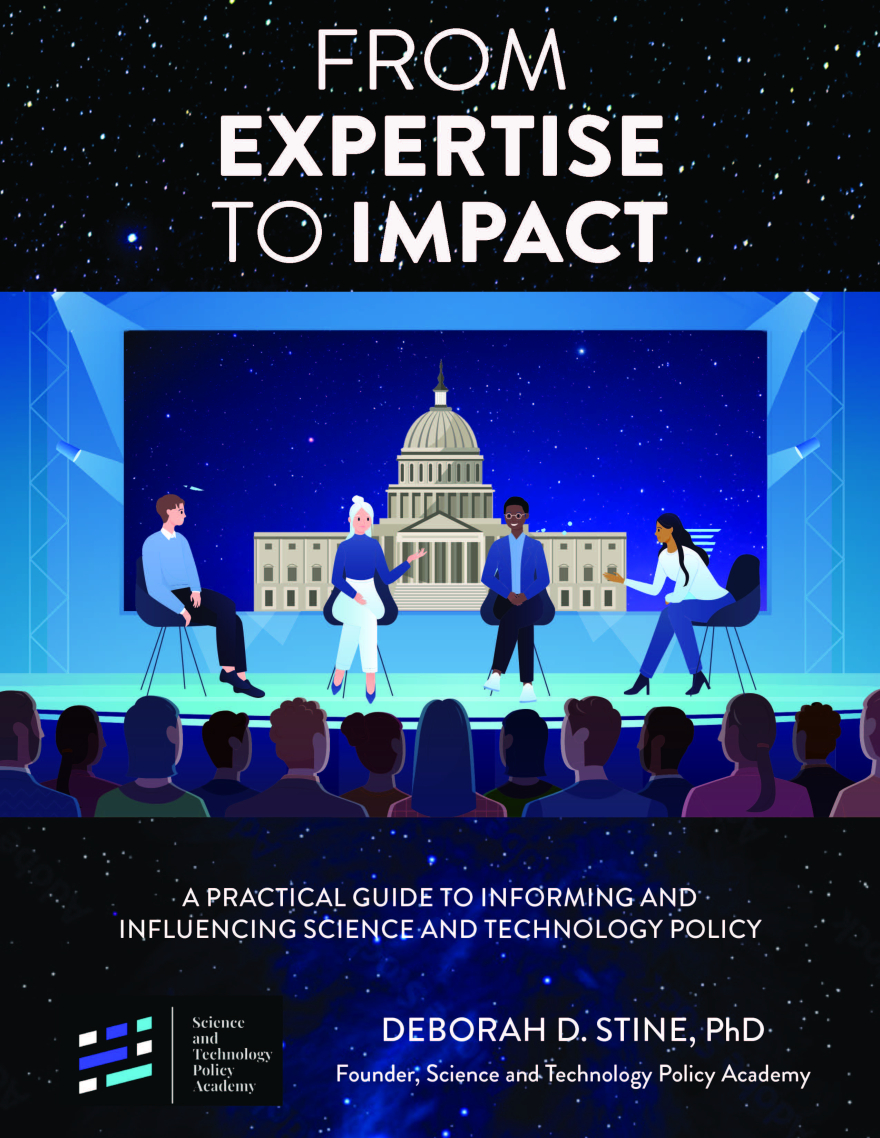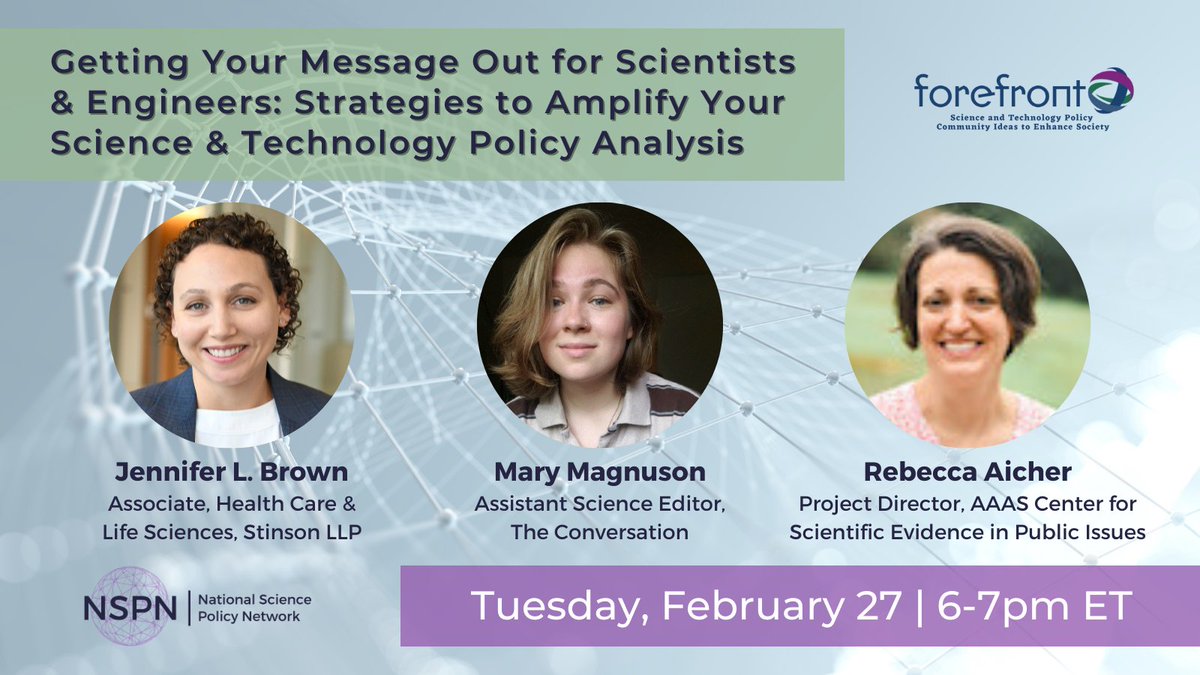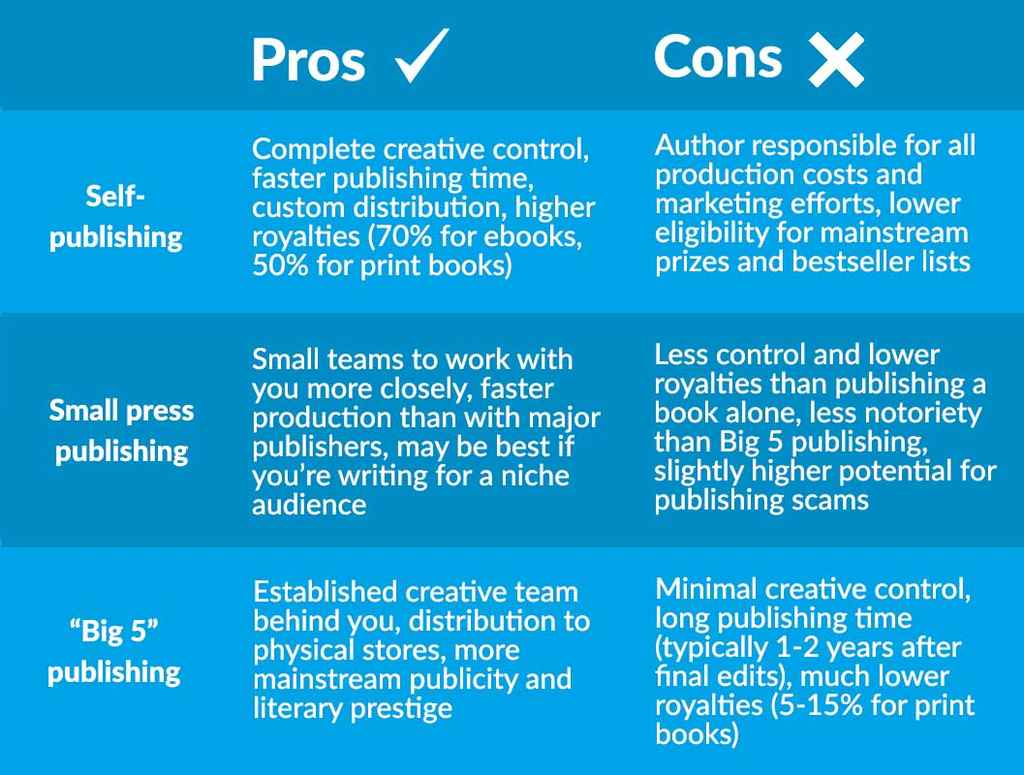Random Thoughts from Debbie
Hi Deborah,
I hope 2024 is beginning well for you.
 As all of you hopefully saw, an advance PDF copy of my new book, "From Expertise to Impact: A Practical Guide to Informing and Influencing Science and Technology Policy," is available for free in exchange for an honest review. I hope you've already received your copy, but if not, please sign up now. In response to questions I've received: As all of you hopefully saw, an advance PDF copy of my new book, "From Expertise to Impact: A Practical Guide to Informing and Influencing Science and Technology Policy," is available for free in exchange for an honest review. I hope you've already received your copy, but if not, please sign up now. In response to questions I've received:
- Some were concerned about the short deadline for your review. As a result, I'm extending the deadline for your book review until March 15 since I don't think the book will be up on Amazon until then (after that, I'm no longer allowed to give free copies away other than for brief periods due to Amazon rules).
- Some folks think I'm looking for a book review like those in academia (a page long), but the reviews I'm looking for are more like those you see on Amazon (more like a paragraph).
- Finally, the book itself is done (as in, I can't change it at this point), so I'm interested in your thoughts on the book as lessons learned for a future book I might write. I'm also interested in hearing your thoughts on ways to publicize the book, such as on podcasts you listen to, events, etc. This is all part of the review form. You should receive an automatic email with this link as part of the reminders to provide a review.
Cool Resources

I will be holding a webinar on the book in February or March, depending on the timing of the Amazon release. In the meantime, I hope you attend an event I'm co-hosting as a co-editor of Forefront with the National Science Policy Network that occurs on Tuesday of next week (February 27, 6-7 ET). I often find that people think just publishing a document is sufficient to get your message out. It's one of the biggest mistakes people make. If you spent 6 months or more putting together an analysis for an article, video, etc., you should plan to spend at least that long getting your message out to your audience -- whether it be policymakers or the public.
One example I often use is from the first speaker above, Jennifer L Brown. She began working on her topic -- the impact of tear gas -- during one of my classes. She didn't stop there; working with a team of other students, she published her work in Scientific American, an article that subsequently won a National Association of Science Writers Science in Society Journalism Award. She's also been interviewed by journalists and others based on her article. She'll tell her story at this event.
You'll also hear about two interesting organizations: The Conversation and the AAAS Center for Scientific Evidence in Public Issues. Mary Magnuson, a former AAAS Mass Media fellow, will provide guidance based on what she’s learned about getting the word out as an Assistant Science Editor at The Conversation, a nonprofit, independent news organization dedicated to unlocking the knowledge of experts for the public good (tagline - academic rigour, journalistic flair). Rebecca Aicher will discuss how the AAAS Center for Scientific Evidence in Public Issues gets the word out when they provide clear, concise, and actionable scientific evidence to policymakers and other decision-makers.
This is a great opportunity to learn how to get your message out and avoid your work sitting on the shelf!
Please register now for this unique event!
Did You Know?
 At the AAAS Annual Meeting in Denver earlier this month, I had a great opportunity to meet some of you in person, which is always fun and one of the primary reasons I attended this event. Some asked me about what it takes these days to produce a book. At the AAAS Annual Meeting in Denver earlier this month, I had a great opportunity to meet some of you in person, which is always fun and one of the primary reasons I attended this event. Some asked me about what it takes these days to produce a book.
One item you might find interesting is that going through a traditional publisher is often not that beneficial to an author these days, which is why I decided not to go that route. Once a publisher buys your book, you lose control over everything, including when the book is released, the cover design, and the ability to keep the book in publication. Since I'm hoping my book will stay in publication for a long time, I wanted to retain control of the book.
In exchange, I did need to pay for all editing (3 different kinds) and design (cover and interior content), In addition, all publicity is whatever I'm able to do myself (which I've learned is true even if you do go with a traditional publisher). So, the bottom line, based on what I've learned from those in the business, is that you should not expect to make money from a book. Instead, your goal should be to break even on costs and enhance your visibility and credibility for other services you provide. I hope you've enjoyed this look into the book publishing world of today!
If there is interest out there, I'd be happy to offer a webinar on the topic with some experts in the field. Just let me know. In the meantime, here is a useful article on the topic from which the figure at the beginning was taken.
More Ways to Learn and Grow
The S&T Policy Academy has a number of ways for you to learn and grow:
-
FREE RESOURCES: This page on my website provides a variety of free resources on making our voice heard in S&T policy, identifying a career you love, establishing a consulting business, having an impact as an executive S&T policymaker, and videos on a variety of topics.
-
WORKSHOPS, WEBINARS, AND KEYNOTES FOR ACADEMIC AND STUDENT ORGANIZATIONS, GOVERNMENT AGENCIES, & NON-PROFITS: Workshops can cover any science & technology policy topic of interest to the sponsoring organization for any timeframe. Schedule a no-cost, no-obligation consultation on my calendar or email me at deborah@scitechpolicyacademy.com if you’re interested so we can work together to identify what will work best for your group.
-
CAREER, EXECUTIVE, AND CONSULTING BUSINESS COACHING SPECIALLY DESIGNED FOR PROFESSIONALS AND ENTREPRENEURS IN SCIENCE AND TECHNOLOGY: Our mission is to equip you with the skills and strategies you need to leverage your scientific and technical knowledge to improve society. If you’re interested, please schedule a free consultation on my calendar or email me at deborah@scitechpolicyacademy.com to see if coaching is a “right fit” for you.
-
DONE FOR YOU SCIENCE & TECHNOLOGY POLICY ANALYSIS, PROGRAM EVALUATION, & COMMUNICATION: If time and staff are limited or you just want a third-party perspective, and you are a non-profit or academic organization, industry, or business who needs a project in policy analysis, program evaluation, or communication, then the Science & Technology Policy Academy can work with you or your team to get that project done. We can gather existing and new information via research, surveys, interviews, focus groups, or roundtable discussions with experts or stakeholders to develop a policy analysis, program evaluation, or data analysis. We can then produce communication products such as policymaker guides, policy briefs, case studies, videos, and infographics. Want to chat further to see if we’re a good fit for each other? Then please schedule a free consultation on my calendar.
Thanks for reading!
 Dr. Deborah D. Stine, Founder, Science & Technology Policy Academy Dr. Deborah D. Stine, Founder, Science & Technology Policy Academy
|